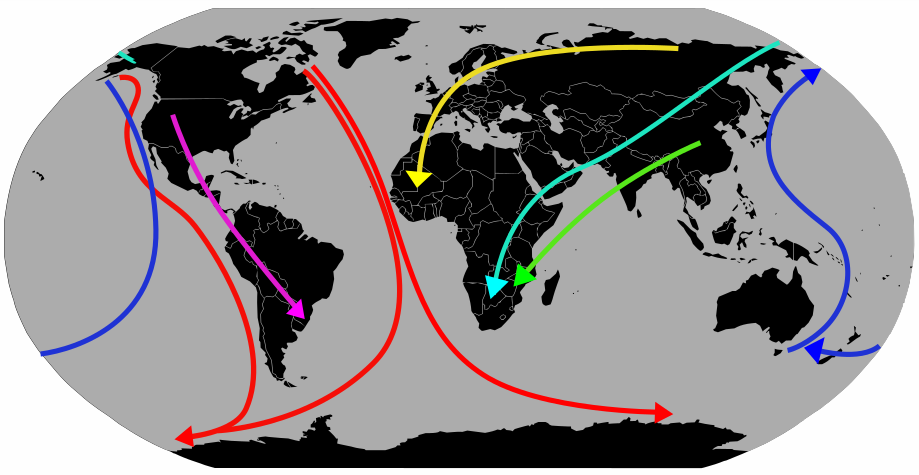The Department of the Interior is revoking a Trump era rule that severely weakened the protections under the Migratory Bird Treaty Act (MBTA).
In the final days of the Trump presidency, his administration weakened the protections afforded under the Act by redefining prohibited activities under the Act to exclude the incidental—unintentional—taking of migratory birds. Previously, unintentional taking of migratory birds were prohibited.
Interior’s action now reverses the agency’s short-lived position on incidental takings. The Act will be enforced under the agency’s prior interpretation while the it pursues yet another rulemaking to develop and implement standards and a permitting program.
In its revocation rule, the Department of Interior disagrees with its earlier treatment of the text of the MBTA and the CITGO decision. First, Interior disputes the statutory analysis offered by the Fifth Circuit and the January 7 preamble. According to the agency, if “taking” meant only intentional actions that harmed wildlife, it would be duplicative of the terms “hunt” and “capture” and “kill.” Interior also adopted the decisions from other federal courts upholding the former strict-liability-for-incidental-take regime. Interior also drew on comments from Canadian officials—the United States’ treaty partner in the Migratory Bird Treaty that undergirds the MBTA—who criticized the January 7 rule. Interior also saw the January 7 rule as conflicting with Congress’s decision to exempt the military from take liability under the MBTA for unintentional takes. If, Interior argues, the MBTA only criminalizes intentional takes, such a Congressional exemption would have been unnecessary from the start.
The National Review
This is at least a temporary win for wild birds. However, given the Biden Administration plans to pursue a new rule, it is possible that the protections traditionally afforded under the MBTA could be eroded.

